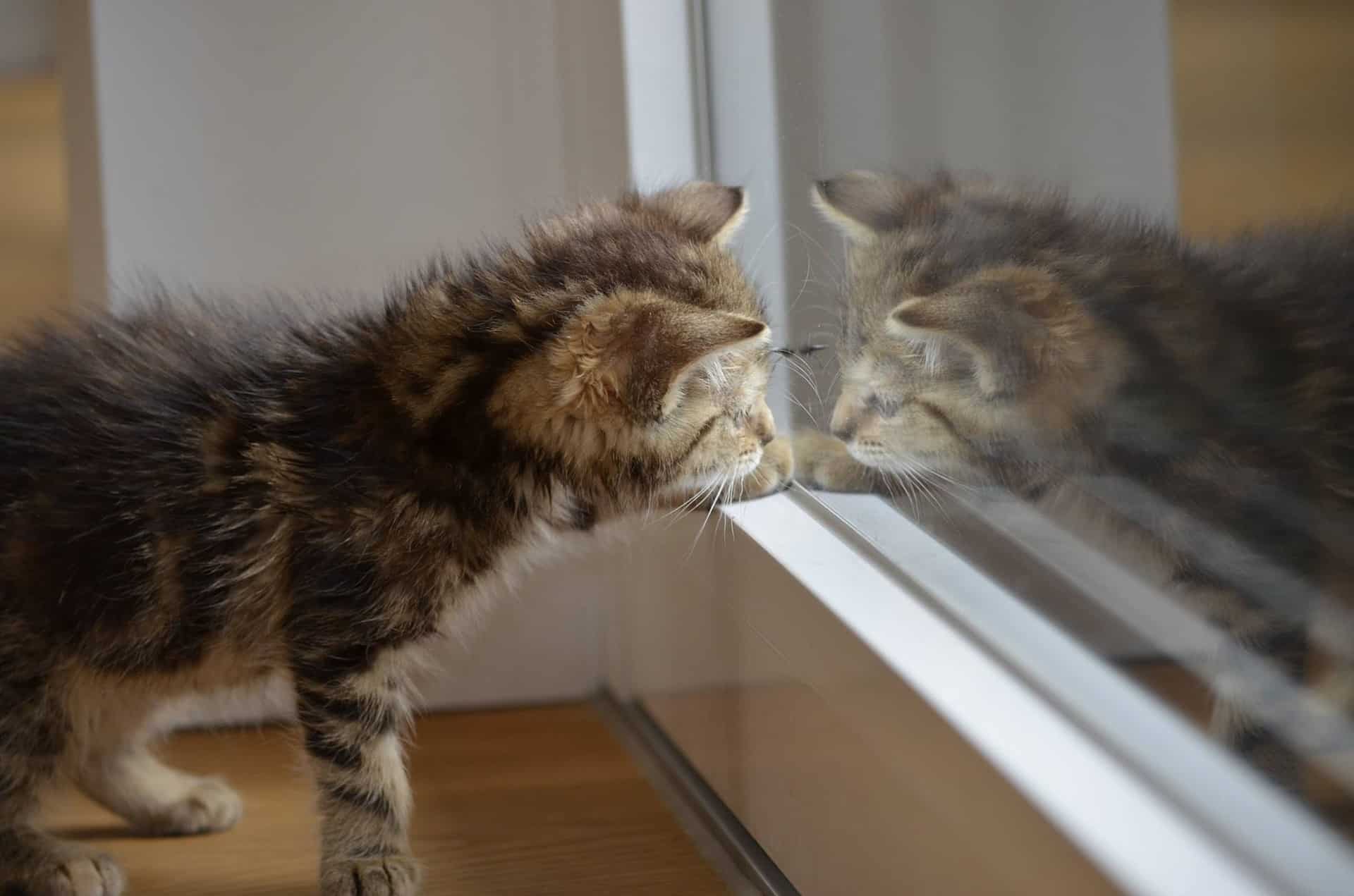As discussed in part 1, body image is how you see yourself when you look in the mirror, or how you imagine yourself. It includes how you feel about your body including your weight, shape, and height, what you believe about your own appearances including how you remember your body, and generalisations, and how you experience or feel in your own body. People with negative body image are more likely to develop an eating disorder and suffer from depression and low self-esteem. They may also isolate themselves and obsess about making their bodies “perfect” or “ideal”, this may include excessive exercise or extreme methods of eating. The anxiety around your body may also materialise in the way you behave or communicate around others, and it can lead to more serious issues such as suicidal feelings and self-harm.
It’s important to know the difference between “I don’t like the way I look in this” and total body dissatisfaction.
We need to speak out against the injustices we see in the media, ensuring we inspire people to look towards alternative sources of health, but more importantly, we need to tackle the toxic mentality we hear and see in our own communities. We should all be a bit more mindful about how we speak about ourselves, because that will reflect how we make others feel about us and themselves too, i.e. if you’re someone who has great biceps and you’re talking about how small they are sitting next to someone who is clearly smaller than you in size, it can really knock their confidence and self-esteem. The same goes for people who are a specific size, saying that you’re “too big” and you need to lose weight to be a smaller size, it can make those around you who are bigger in size feel quite uncomfortable and conscious.

Furthermore, brothers should not be mocked if they cannot grow their beards, their manhood should not be questioned if they don’t look like The Terminator, and how pumped their veins on their arms should not be a measure of their worth. The women you see in the media, even the Hijabi bloggers and Muslim influencers, they’re never telling you the full story. They have been photoshopped to the max, and have a whole team telling them what they should eat and how they should look. They might even be more insecure than you. Regardless, you should never be made to feel less confident because of your size, even if someone is giving you “naseeha” (advice).
If you’re genuinely worried about someone’s health:
- Make sure you’re on a level with them where you can discuss sensitive issues like weight and size.
- Make sure they don’t have any underlying health problems i.e. high or low thyroid, low iron, diabetes, or any other chronic illnesses that could lead to someone being under/over-weight.
- Make sure they don’t have any stressful life events happening, i.e. exams, change of jobs, house move, relationship breakdown, bereavement and etc.
- Don’t be patronising, make your intentions clear and allow yourself to be corrected.
- You should only ever be coming from a health perspective, and even then, its questionable whether it’s your place to say or not depending on who you are to the said person. It really is that deep.
It’s difficult enough being a Muslim in this current climate, why make it more difficult for ourselves? I won’t get preachy and tell you about how we are Allah’s creations, the best of mankind, and how we should be grateful for our health and abilities, because you all know that. What I will leave you with is:
“… Verily, your own self has rights over you…” [Abu Dawud]
Only you know what those rights are; whether you need to eat more, exercise more, drink more water, be kinder to yourself, stop harming yourself, stop obsessing over little and normal things. Whatever it is – remember, your body is an Amanah (fulfilling or upholding trusts) from Allah and it is just a vehicle for your Nafs (self/soul) from one dunya to another. There will come a day, where you will be asked what you did to look after your body and there will also come a time where you will forget what you were even so bothered about. Just like the temporal nature of this dunya, our bodies are too.
We were not asked to exhaust it, or beautify it according to society, we’re simply told to look after it.
I’m telling you this, from the bottom of my heart. As someone who still has anxiety about going shopping; often buys clothes that are 4 sizes too big so that she never has to experience what she did when she was 10, or will very rarely take group photos with the fear that she will look like biggest one, or even embrace someone with the fear of what they will think and etc. The moment you put your focus inwards, start looking at yourself for you, from a lens that wants better health for the sake of Allah, from a mindset that wants to look after Allah’s gift – you will never feel freer.
Adverts and social media images won’t phase you; you’ll learn to laugh at people’s comments, you’ll gather the courage to defend your body and your lifestyle choices, you will start to recognise patterns within yourself and make space for change. You will start to realise that the little things you hate, people don’t actually care about and slowly but surely, you will learn to love you for who you are, and you will learn to respect your journey.

Here are a few tips I have picked up on the way for better and more positive body image:
- Keep a list of the things you like about yourself, things that are not related to your body. It can be achievements, aspects of your character, your ambitions and passions. Keep this list close by, read it often and add to it when you become more and more likeable to yourself.
- Look at yourself as a whole, don’t focus on the tiny details that you hate about yourself or specific parts of your body. You’re not defined by those things, and remember your worth is dependent on how you worship Allah and indeed the best of us are those best in character. [Tirmidhi]
- Surround yourself with good people, remember we are on the Deen (religion) of our friends [Abu Dawud] and this is 100% applicable to social media, even if they are not our friends, friends. Having a social media detox is important for self-esteem and body image, follow people who make you feel good and inspire you to better yourself, not people who make you feel guilty or embarrassed about the way you look.
- When those negative ideas come up, shut them down with positivity. You are stronger than your thoughts, so try not to fall victim to them again. When you catch yourself listening to the negative voices, have quick positive affirmations ready to attack such as “Allah loves me for who I am, not the way I look”, “I was not created to obsess over my body”, “I am better than societies’ ideals” or whatever works for you.
- Appreciate your body, gratitude is super important and we should always express thanks for what Allah has given us, but really appreciate your body and what it can do. Don’t belittle its abilities, remember it is carrying you every day, ensuring you are closer to your goals, enabling you to perform Ibaadah (worship), and allowing you to experience life’s greatest moments.
- Constantly remind yourself that everyone has different bodies, and the fact we were created in different shapes, colours and sizes is a celebration from Allah. True beauty is a state of mind, not in the state of your body. It’s about who you are, what you do, how you carry yourself and how you interact with others.
- Keep an eye on how much time and energy you use hating yourself, and make sure you return that time to yourself and others around you. Make sure you do something nice for yourself, implement lots of self-care, but also reach out to others, volunteer your time and busy yourself with meaningful things.
- Stop torturing yourself by looking at thynspo or gainspo, it’s toxic and it feeds into a vicious cycle of comparison and hate. Use that time to read articles and books about being content with who you are or being more productive in other areas of your life.
- Try to work on your Khushoo (proper focus and humility) in Salah, a lot of people with negative body image and other related issues such as eating disorders will spend the majority of the day thinking about their body, or food. Prayer is an important time for yourself, try to keep this time “obsession” free and give it its due rights.
- Remember, the diet and the lifestyle of the Prophet ﷺ was one of moderation and balance. It’s important to try and emulate his example by ensuring we are looking after our bodies in the best of ways, and not giving in to desires or falling back into routines that harm our bodies and minds.
Remember, there is no ideal body.

Do you struggle with body image and would you like to share your story? Feel free to email me on meanha.begum@inspiritedminds.org.uk and don’t forget we’ll be talking about body image all week on social media so be sure to follow our feeds and stories!




